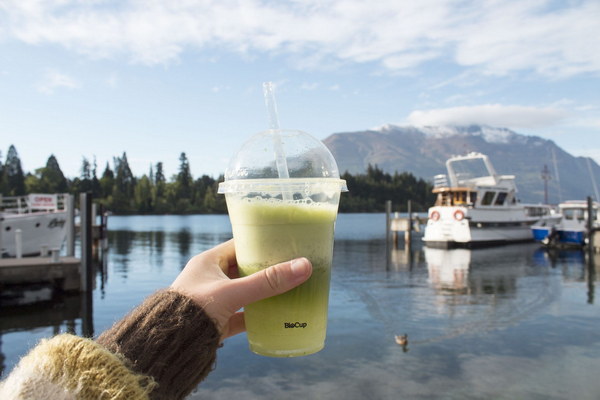Breath of the Deep How Diving Can Revitalize Your Lungs
In recent years, the practice of diving has gained significant attention not only for its exhilarating experiences but also for its potential health benefits. One of the lesser-known advantages of diving is its positive impact on lung health, a phenomenon that has been dubbed diving for lung health or diving to breathe better. This article explores the fascinating world of diving and its effects on lung function, offering insights into how this underwater adventure can revitalize your lungs.

Diving involves breathing air compressed to high pressure, which is then exhaled at the surface. This process, known as decompression, is what allows divers to explore the depths of the ocean. But what many may not realize is that the effects of diving can also be felt long after the dive is over, particularly in terms of lung health.
1. Improved Oxygen Delivery
One of the primary benefits of diving for lung health is the improved oxygen delivery to tissues. During a dive, the body adapts to the increased pressure by increasing blood flow to the lungs, heart, and brain. This adaptation can lead to a better overall cardiovascular system, which in turn enhances the oxygen delivery to the body's tissues.
Moreover, the increased pressure during diving forces the blood to remain in the lungs for a longer period, allowing for more efficient gas exchange. This can lead to improved lung capacity and enhanced oxygen saturation levels, which are particularly beneficial for individuals with chronic lung diseases such as asthma or COPD.
2. Enhanced Lung Function
Regular diving can also help to improve lung function. The act of breathing through a regulator requires controlled, slow, and deep breaths, which can strengthen the respiratory muscles. Over time, this can lead to better lung mechanics and increased lung capacity.
Additionally, the pressure changes experienced during a dive can stimulate the lung's alveolar walls, promoting the growth of new lung tissue and improving the efficiency of gas exchange. This can result in better overall lung health and a reduced risk of respiratory infections.
3. Increased Lung Capacity
Diving requires divers to maintain a certain lung capacity to ensure they can hold their breath for extended periods. This can lead to an increased lung capacity over time, as the body adapts to the demands of diving.
Increased lung capacity is beneficial not only for divers but also for the general population. A larger lung capacity can improve exercise performance, reduce the risk of respiratory problems, and enhance overall quality of life.
4. Reduced Risk of Chronic Lung Diseases
Research has shown that regular diving can reduce the risk of developing chronic lung diseases. This is likely due to the improved lung function, increased lung capacity, and enhanced oxygen delivery to the body's tissues.
For individuals with existing lung conditions, diving can provide a unique form of therapy. The controlled breathing techniques used in diving can help to improve lung function and reduce symptoms, making it an attractive option for those looking for alternative treatment methods.
5. Psychological Benefits
While the physical benefits of diving for lung health are substantial, the psychological benefits should not be overlooked. The act of diving can reduce stress levels and improve mental health, which can indirectly contribute to better lung function.
Diving provides an opportunity to disconnect from daily stressors and immerse oneself in the beauty of the underwater world. This can lead to improved mood and reduced anxiety levels, which can, in turn, positively impact lung health.
In conclusion, diving is not only an exciting and rewarding activity but also a potential tool for improving lung health. By promoting better oxygen delivery, enhancing lung function, and increasing lung capacity, diving can provide a unique form of therapy for those with respiratory issues and contribute to the overall well-being of divers and non-divers alike. So, if you're looking for a new way to breathe better, consider taking the plunge into the fascinating world of diving.









